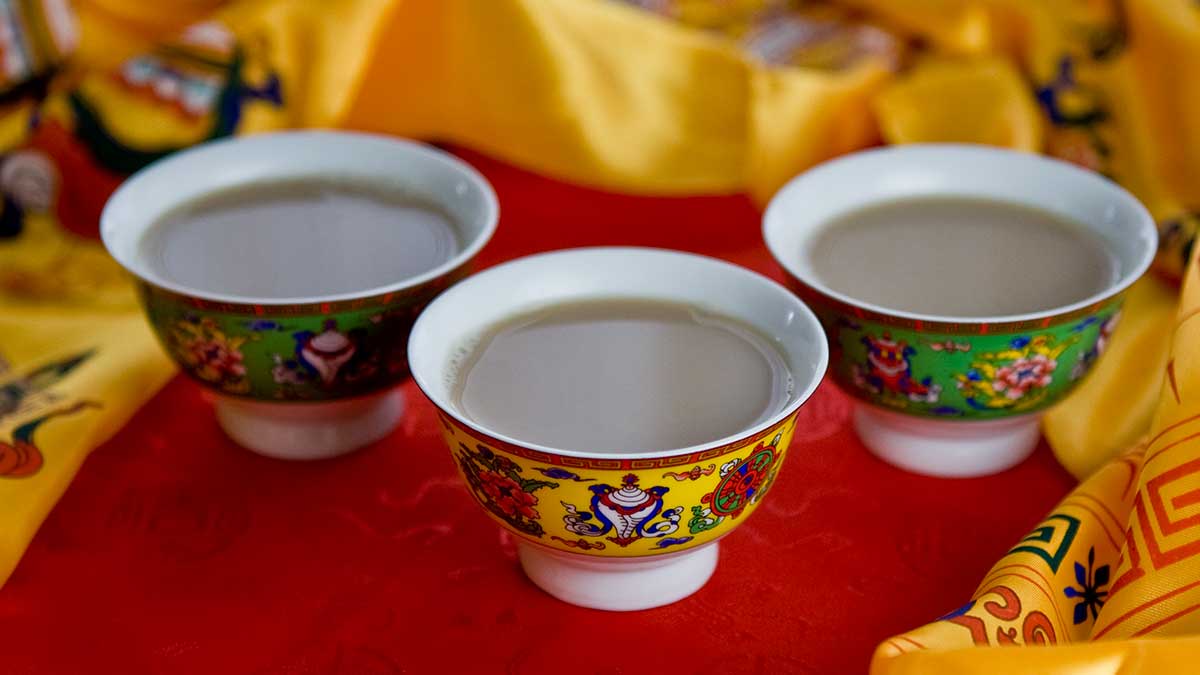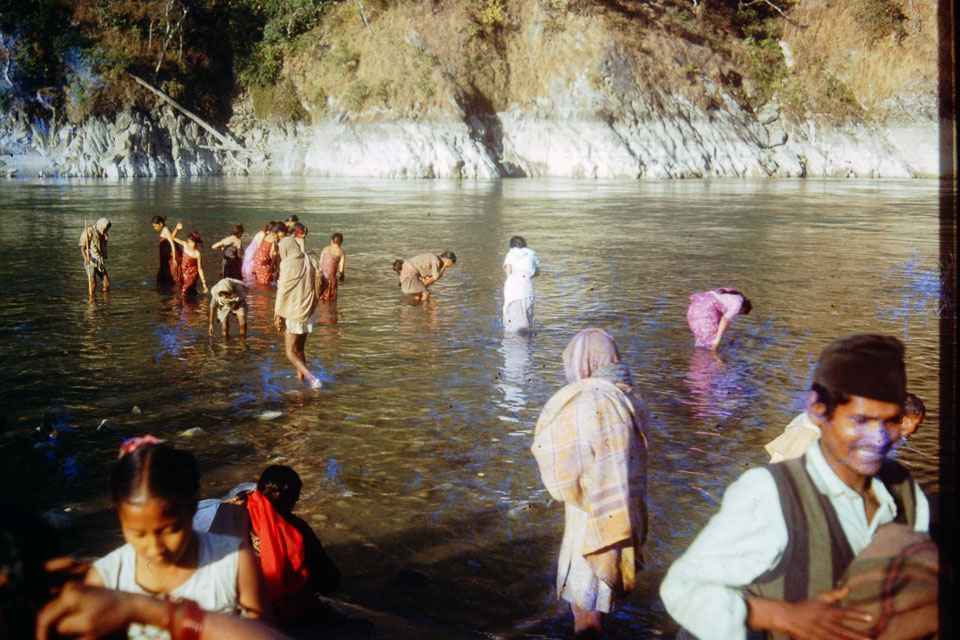Share this Article
Nepali astrology, deeply rooted in Vedic traditions, plays a significant role in the daily lives of many Nepalis. This ancient practice influences various aspects of life, including personal decisions, religious ceremonies, and even agricultural practices. The belief that celestial bodies impact human affairs and natural phenomena forms the cornerstone of astrology in Nepal. This comprehensive exploration delves into the intricacies of Nepali astrology, its historical context, methodologies, and its impact on society.
Historical Context of Nepali Astrology
Astrology in Nepal traces its origins to the ancient Vedic texts, where it was considered a crucial science for understanding cosmic influences. Over centuries, this knowledge evolved, integrating local customs and beliefs. Nepali astrologers, known as Jyotishis, have traditionally held esteemed positions in society, offering guidance on various matters from birth to death.
Core Concepts in Nepali Astrology
1. The Panchanga
The Panchanga is a traditional Hindu calendar used extensively in Nepali astrology. It comprises five elements:
- Tithi (Lunar day)
- Vara (Day of the week)
- Nakshatra (Lunar mansion)
- Yoga (Auspicious period)
- Karana (Half of a lunar day)
These elements are used to determine auspicious timings for rituals, festivals, and personal milestones.
2. Kundali (Horoscope)
A Kundali is a detailed astrological chart created based on an individual's birth details. It maps the positions of planets and stars, providing insights into personality traits, life events, and potential challenges. In Nepal, Kundalis are essential for important decisions like marriage, business ventures, and religious ceremonies.
3. Dashas and Transits
Dashas (planetary periods) and Gocharas (transits) are critical in predicting life events. The planetary periods indicate the influence of a particular planet over a certain period, while transits represent the current movement of planets and their impact on an individual's life.
Astrological Influence on Major Life Events
1. Birth
Astrology plays a pivotal role right from birth. The precise time and place of birth are used to create the child’s Kundali, which is believed to outline their life's path. Parents consult Jyotishis to understand their child's future and take necessary remedial measures if needed.
2. Marriage
Marriages in Nepal are often arranged based on astrological compatibility. The Guna Milan system, which scores the compatibility between the prospective bride and groom, is a critical aspect. A high compatibility score is considered essential for a harmonious marital life.
3. Festivals and Religious Practices
Nepali festivals are deeply intertwined with astrological timings. Celebrations like Dashain, Tihar, and Chhath are scheduled based on lunar and solar movements, ensuring they align with auspicious times to maximize spiritual benefits.
Astrological Influence on Agriculture in Traditional Nepal
In traditional Nepali society, astrology was not limited to personal or religious matters but extended to practical aspects of daily life, including agriculture. Farmers, who were deeply connected to the land and nature, often turned to astrologers to seek guidance on the best times for agricultural activities, ensuring maximum yield and prosperity. This practice, rooted in Vedic astrology, was based on the belief that cosmic influences could significantly impact crop growth, weather conditions, and overall agricultural success.
Sowing Seeds Based on Astrology
One of the most notable practices involved using astrological charts to determine the optimal time for sowing seeds. This practice was guided by several key astrological factors:
1. Influence of the Moon Phases
The Moon's phases play a crucial role in Vedic astrology and agricultural practices. Farmers believed that the waxing Moon (Shukla Paksha) was a favorable time for planting crops that grow above the ground, such as cereals, vegetables, and fruits, as the increasing light of the Moon was thought to promote growth and vitality. Conversely, the waning Moon (Krishna Paksha) was considered more suitable for planting root crops, such as potatoes and carrots, as the decreasing Moon's light was believed to encourage root development.
2. Nakshatras (Lunar Mansions)
The Moon's position in one of the 27 Nakshatras (lunar mansions) was another critical factor. Each Nakshatra has specific attributes and influences, making some more favorable for agricultural activities than others. For instance:
- Rohini Nakshatra, ruled by the Moon, is considered highly auspicious for sowing seeds and planting crops, as it is associated with fertility and growth.
- Mrigashira Nakshatra is also deemed favorable for agricultural activities, promoting prosperity and abundance.
- Bharani Nakshatra, on the other hand, is often avoided for planting, as it is associated with struggles and challenges.
Farmers would consult astrologers to identify the most auspicious Nakshatra for sowing seeds, ensuring alignment with beneficial cosmic energies.
3. Zodiac Signs (Rashis)
The position of the Sun and other planets in specific Rashis (zodiac signs) was also considered. Certain zodiac signs, such as Taurus (Vrishabha) and Cancer (Karka), are associated with fertility and growth, making them favorable for agricultural activities. In contrast, signs like Aries (Mesh) and Leo (Simha), associated with dryness and heat, were often seen as less conducive to successful planting.
4. Personal Kundali (Birth Chart)
In some communities, it was common to consult the Kundali (birth chart) of individuals involved in farming, particularly those responsible for sowing the seeds. The belief was that the planetary positions and aspects in a farmer's Kundali could influence the success of the crop. For example, if a farmer had strong and favorable planetary influences related to Shukra (Venus) or Chandra (Moon), which are associated with fertility and nurturing, they were considered more likely to have a successful yield. Astrologers would analyze the farmer's chart to identify the most auspicious days for sowing, thus optimizing the chances of a bountiful harvest.
Remedial Measures for Agricultural Success
In cases where astrological alignments were less favorable, farmers often resorted to various remedial measures to mitigate potential negative impacts and enhance positive influences. These measures included:
- Performing Yajnas (Fire Rituals): Special rituals were conducted to appease specific deities and planets, seeking their blessings for a prosperous harvest.
- Chanting Mantras: Reciting mantras associated with fertility and growth, such as those dedicated to Lord Indra (the god of rain) or Goddess Lakshmi (the goddess of prosperity).
- Offering Prayers: Prayers and offerings were made to local deities and spirits believed to protect the land and ensure agricultural success.
Astrology and Agricultural Festivals
Agricultural practices in Nepal were closely tied to the lunar calendar and astrological events, leading to the celebration of various festivals that marked key moments in the agricultural cycle. These festivals included:
- Ropain: The rice planting festival, celebrated with rituals and prayers to ensure a good harvest.
- Dashain: During this major Hindu festival, offerings are made to deities for agricultural prosperity and protection from natural calamities.
- Tihar: Known as the festival of lights, it includes the worship of cows, which are considered sacred and symbolize wealth and fertility.
Contemporary Relevance
While modern agricultural practices in Nepal have evolved with the introduction of scientific methods and technology, many farmers, particularly in rural areas, continue to observe traditional astrological guidelines. The integration of astrology into agriculture reflects a holistic approach that values both spiritual and practical wisdom, fostering a deep connection with the land and the cosmos.
Conclusion
Nepali astrology, with its profound historical roots and multifaceted applications, continues to be an integral part of Nepali culture. Whether guiding personal decisions, religious practices, or agricultural activities, astrology offers a framework for understanding and navigating life's complexities. Its enduring relevance in modern times underscores the deep-seated belief in the cosmic connection that shapes the lives and livelihoods of the people of Nepal.
Categories:
Culture & Traditions
,
Lifestyle & Local Life
Tags:
tradition
,
Heritage







